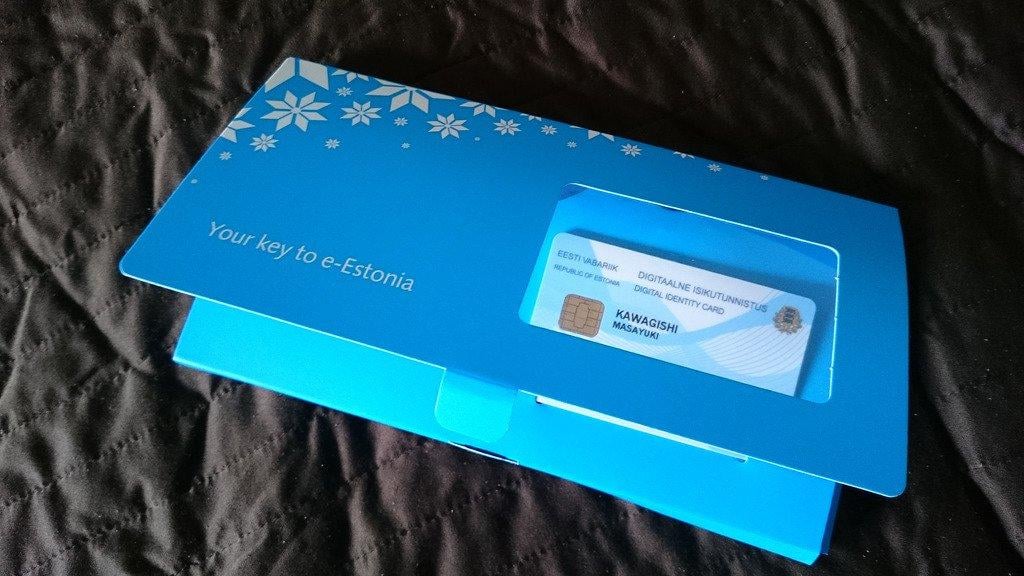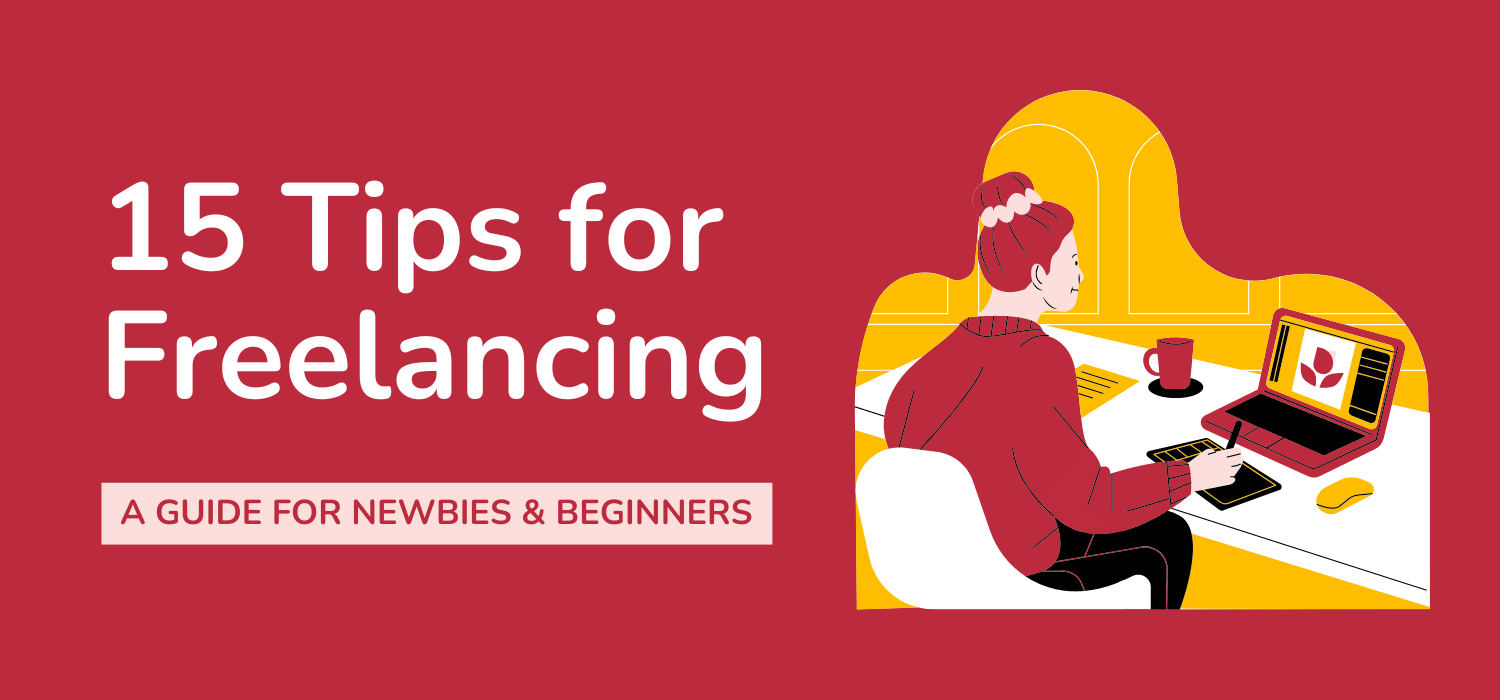
15 Tips for Freelancing: A Guide for Newbies & Beginners
In recent years, there has been an increasing supply and demand for freelance work.
Many people want to try their luck with freelancing, hoping they can take control of their time better.
We're sure you've already seen many online videos encouraging you to start freelancing.
But before you embark on this new adventure, we're here to share some of the essential things you need to know for a successful freelancing career.
15 Tips to Help You Become a Successful Freelancer: A Step-By-Step Guide
Many people venture into freelancing, unaware of the do's and don'ts. Because of this, freelancers find themselves lost and end up back in their old job.
We don't want this to happen to you and want you to be as successful as possible, with freelancing full-time.
Here are some tips to help you get started.
1. Be Open-Minded
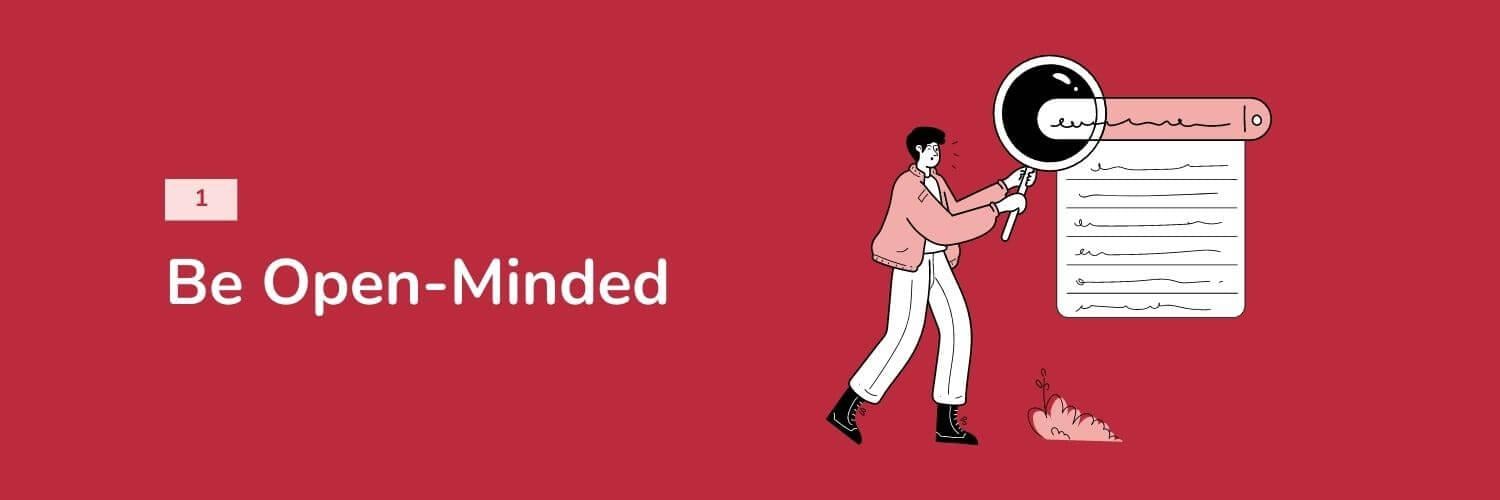
There are a lot of niches to choose from when you start freelancing. You probably already have one in mind and are excited to hop on this new adventure.
Don't close your doors just yet, and check out the different niches in the market. You might succeed in a niche you weren't originally interested in!
As much as we'd love for you to stick to a niche you live in, consider exploring the market first.
It can be overwhelming, but it's the best way to know what you're against in the industry.
Think of it as taking a bite out of everything before taking the entire slice! Don't rush the process, and learn to explore new skills.
2. Consistency Is the Key
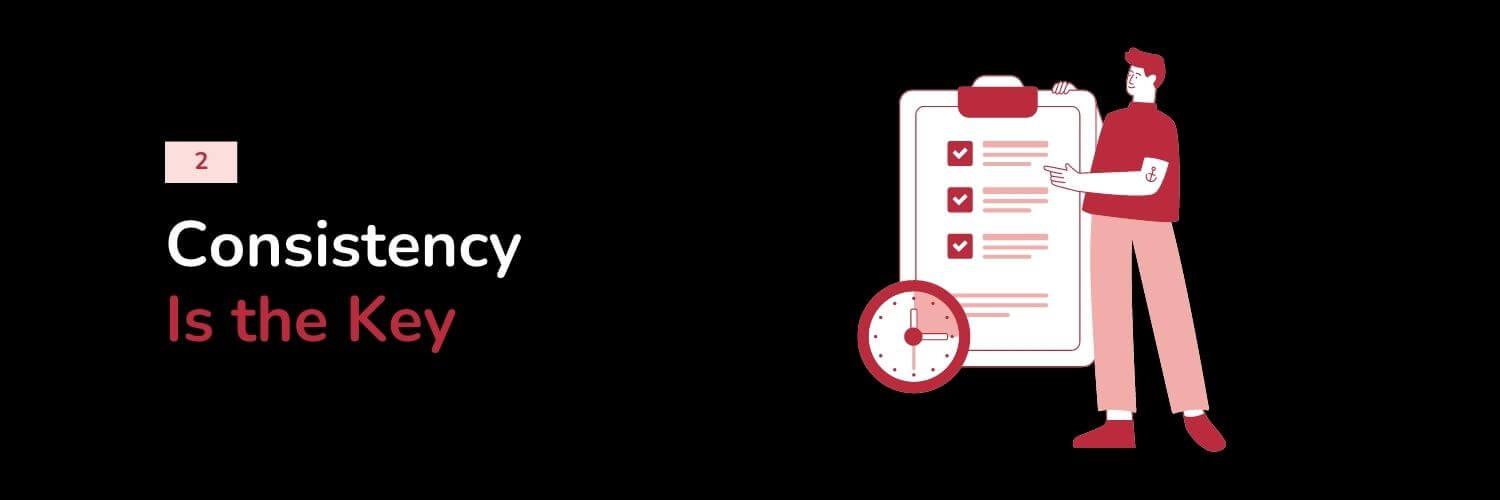
The beauty of having a freelance business is the FLEXIBILITY to do many things. You can be your own boss and have your working time period.
At first, establishing a routine can get tricky.
You're practically in charge of your whole day, ensuring you get the most work done and offer the best services possible.
The secret to getting things done is learning how to be consistent. As a new freelancer, you must learn how to use your hours properly.
Once you've gotten the hang of your new schedule, learn how to stay motivated to properly stick to your schedule.
3. Don’t Leave Your Day Job
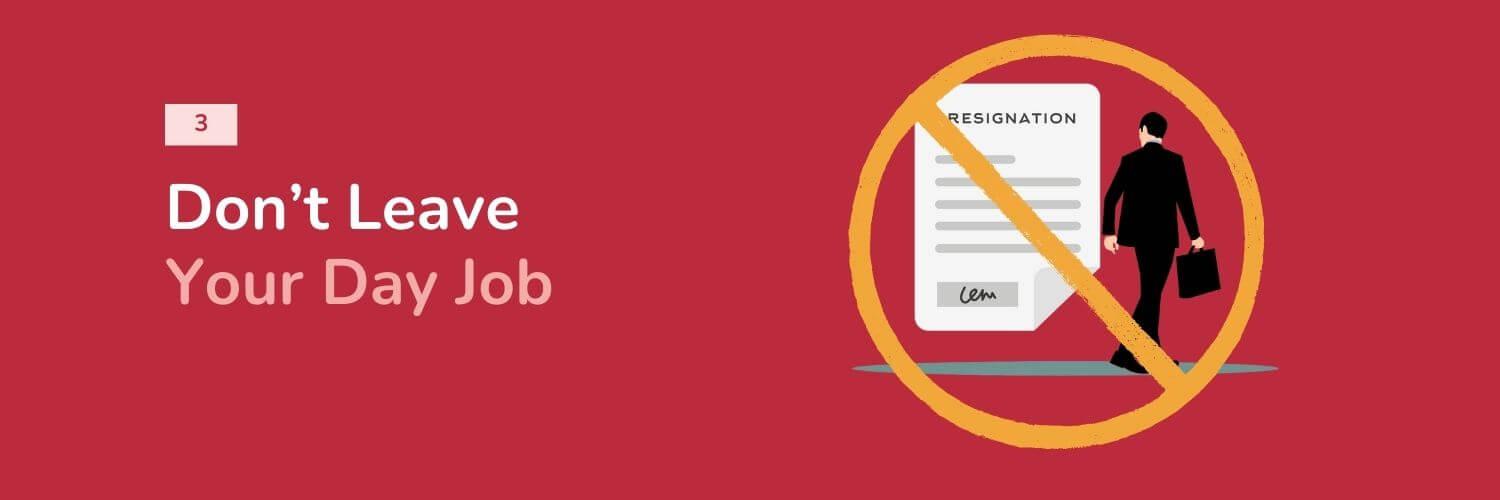
The last thing you'd want to do when you start freelancing is quit your work.
We DON'T RECOMMEND leaving your day job right away for freelancers who have yet to wrap their heads around this industry.
Starting a freelance career might look easy, especially with the many viral videos and tips online. It makes you want to drop all your bags and quit your job ASAP.
Starting a freelance business is not necessarily a smooth sailing endeavor and could often be a HIT or MISS.
Before you start freelancing full-time, get your bases covered and understand what freelancing means.
Once you know what you're up against, you can decide whether quitting your day job is a good idea.
4. Establish Your Portfolio
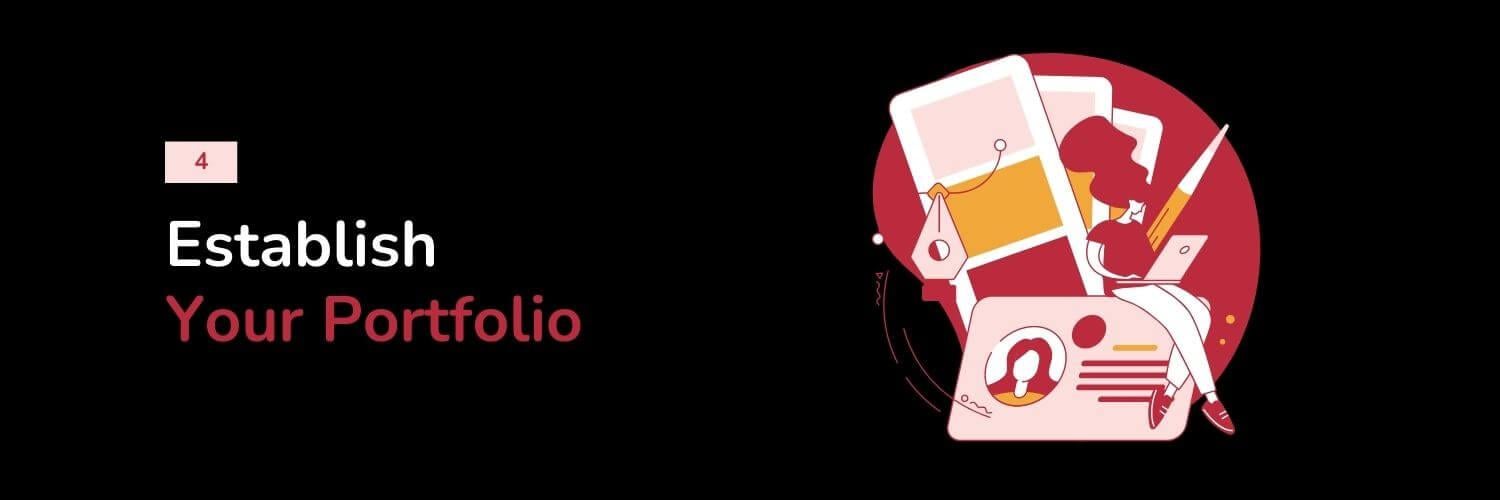
This is great advice for any freelance beginner and one of the most IMPORANT tips.
One of the struggles with being a new freelancer is finding clients. You're up against so many freelancers that likely have more experience than you.
Convincing a new client to take you in for a project can be challenging, unless you know how to pull the strings properly.
Make your presence known and showcase your talents by establishing a portfolio to present to a potential client.
For example, for a freelance writer, just one article might not be enough.
This being the case, it's always a great idea to compile some of your best completed work. Make sure the portfolio shows your skills to land your first client!
5. Find a Good Place to Work
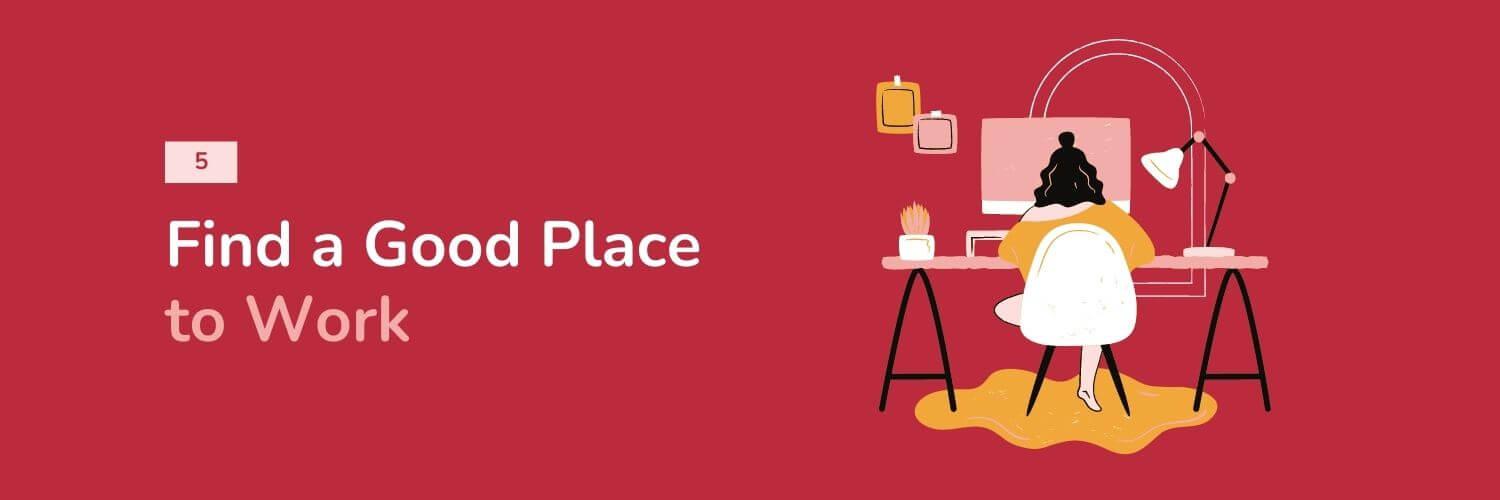
Having a freelance business means being able to work anywhere and anytime.
Regardless of where you plan to work, ensure it's in a CONDUCIVE environment. For example, working in bed isn't good because of the temptation to return to sleep.
When this happens, there's a significant decline in your productivity, and you risk losing some of your clients.
That being said, find a place where you can be productive and avoid distractions.
Most freelancers prefer going to a co-working space because they get to be around fellow freelancers. It helps them stay focused and be with like-minded individuals.
6. Learn How to Negotiate

As a freelancer, you need to learn how to advocate for yourself. You no longer have your boss or an HR department to save you.
One of the common problems new freelancers need help with is knowing how to negotiate with their potential clients.
New freelancers tend to agree to everything, hoping to stick to the good side of their clients. Unfortunately, this isn't always a good idea.
You don't want your clients to think they can take advantage of you! That being said, learn to negotiate from the very beginning.
Doing this ensures you and your clients get the BEST DEAL possible, given their specific demands.
7. Keep an Open Communication
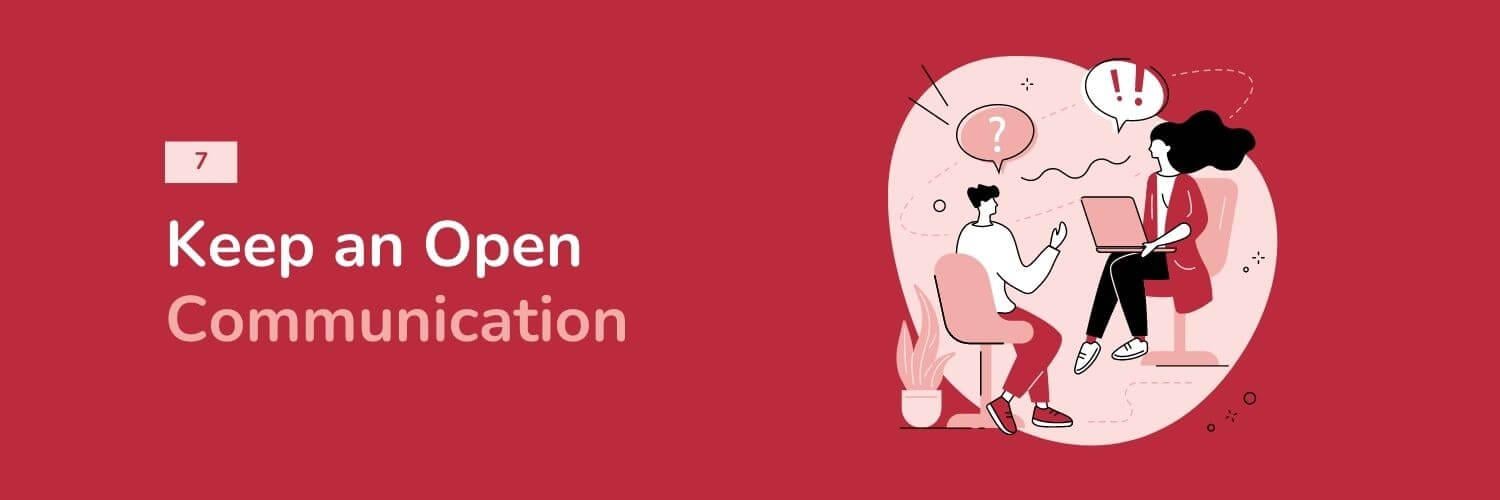
Communication is EVERYTHING in a freelance career, especially since freelancers work remotely.
Thus, keeping an open line is the only way to stay in line with your business goals.
Never hesitate to communicate with your clients regularly and update them on your progress. They'll appreciate this small gesture, and it helps both parties stay in line with their projects.
This leaves you with satisfied clients and better output! Plus, it could help increase your word-of-mouth recommendations.
If you're ready to start taking on more projects, ensure you're ready to keep open communication with everyone.
8. Set Up Fair Pricing
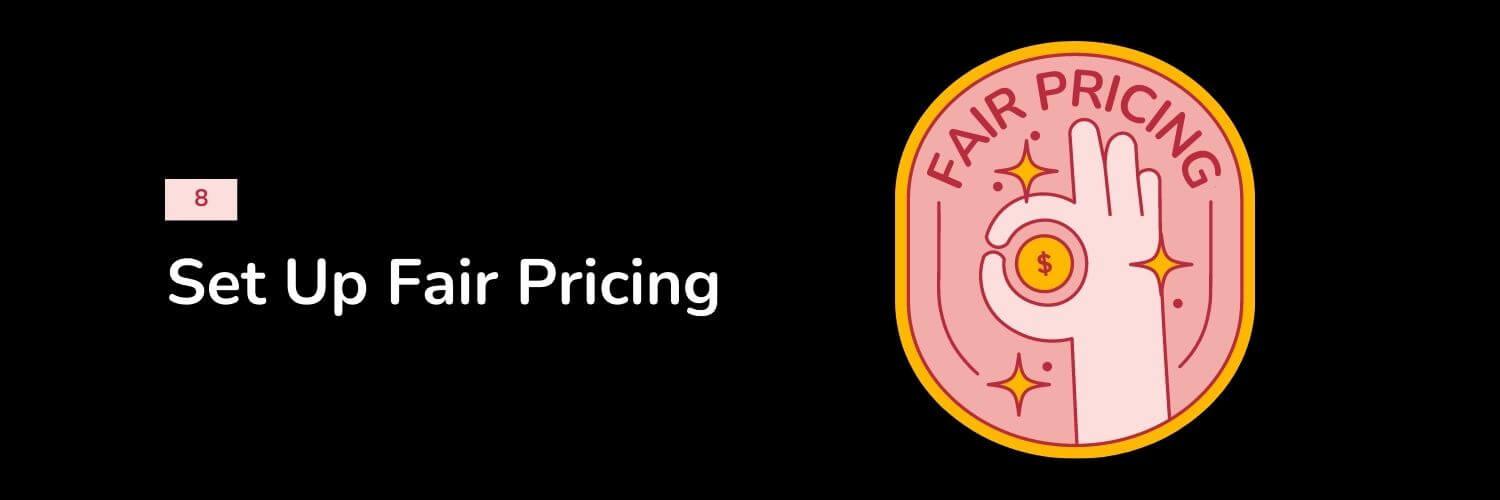
It's often tempting to set a high price for your skills. After all, you'll get much work done to ensure you always have satisfied clients.
But before putting a price tag on your services, check out your competitors' rates. They may be offering their services for way less than what you offer.
Naturally, clients rather prefer a more affordable rate than a higher-priced one, which could result in a lesser profit than what you had in mind.
That being the case, we recommend getting to know your competition's pricing. You can agree to charge an hourly rate or a per-project basis.
9. Use Freelance Platforms
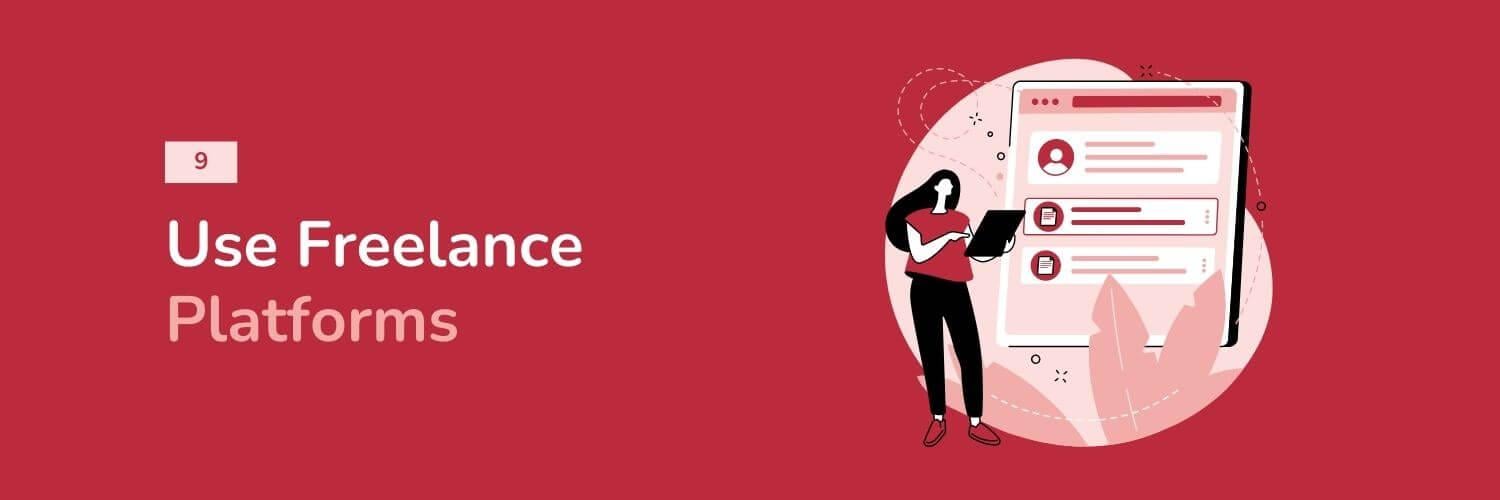
Let's face it, one of the challenges many freelancers face is WHERE to find clients. Although there's a high demand for freelance work, getting connected to clients can be hard.
One way to spare yourself from trouble is using a freelance platform. There are several platforms out there that list a wide range of jobs available for grabs.
Make sure to check these platforms out, especially if you're still trying to look for prospective clients. It's also a great way for you to build your portfolio!
Not just that, but it's also a great way to understand the basics of project management. Handling a few projects at a time lets you get used to having a freelance career.
10. Write a Contract
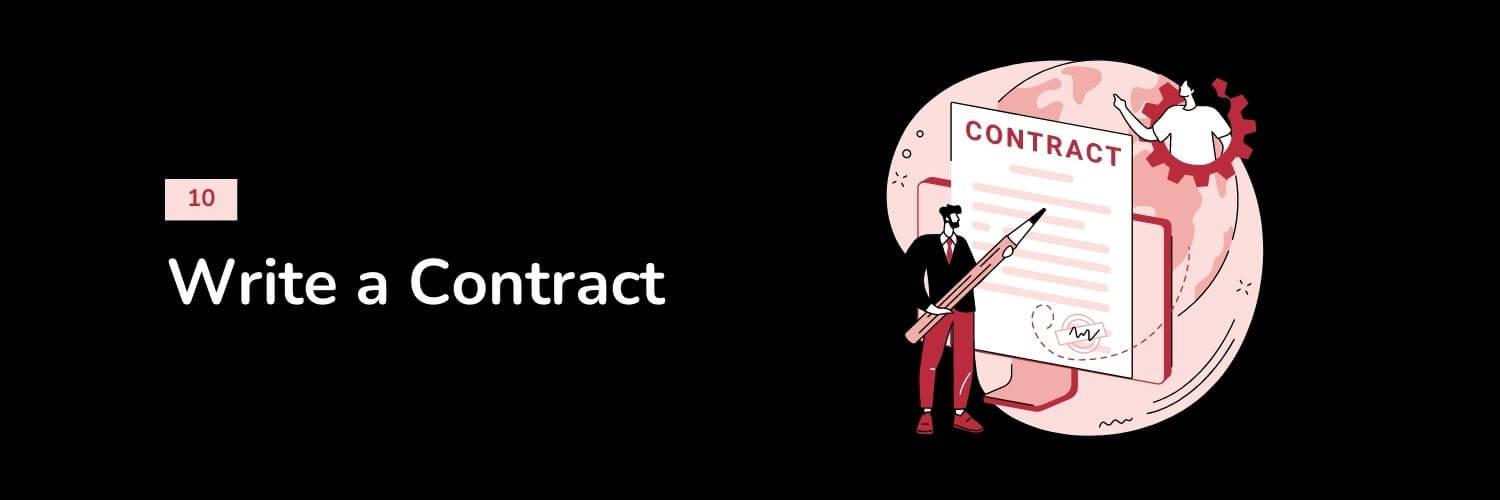
The last thing you'd want to face as a freelancer is angry messages from your clients. This could be because of a wide range of reasons, such as not meeting client expectations.
We recommend writing up a contract between you and your potential clients to avoid this problem, putting all parties on the same page and manages their expectations.
Be comprehensive with what you put on the contract, like the project rate and duration.
Other freelancers avoid doing this, especially because of how tricky and challenging it can get. Nonetheless, writing a contract spares you the headache of a freelancing business.
11. Know Your Expertise

If you're already an expert in a particular field, consider freelancing full-time on that subject matter.
You'd be surprised by how much clients are looking for freelancing professionals. Take the case of website developers, for example, where the demand for them is high.
As long as you've got good credentials to back your skills, you'll be able to find clients that are interested in working with you.
Some clients will do their due diligence and ask for your portfolio. They'd want to know what you're capable of before getting you.
12. Don't Be Afraid to Ask For a Referral
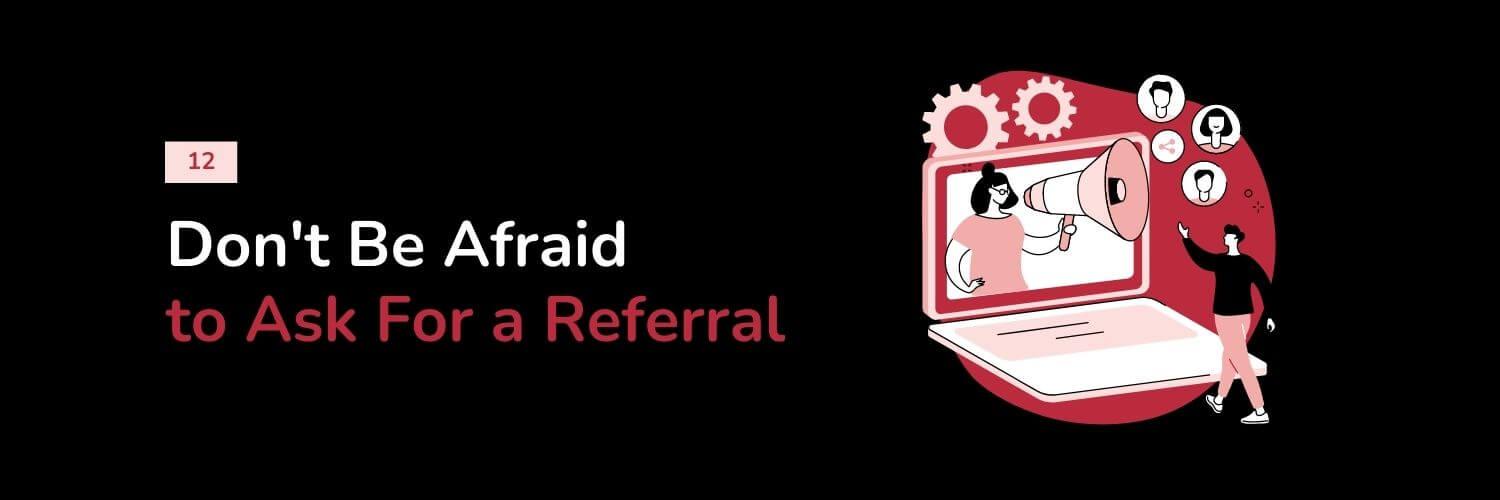
Besides having your own website, one of the best ways to get new clients is through referrals. You can ask for referrals from your friends and even existing clients!
The beauty of referrals is someone can VOUCH for you and your competency. This way your new client will have better expectations regarding your capabilities.
Based on our experience, we've found this to be a good practice to help freelancers reduce advertising expenses.
In this day and age, nothing beats word-of-mouth recommendations, meaning you should aim for organic growth in your freelance business.
13. Always Ask For Feedback and Extra Tips
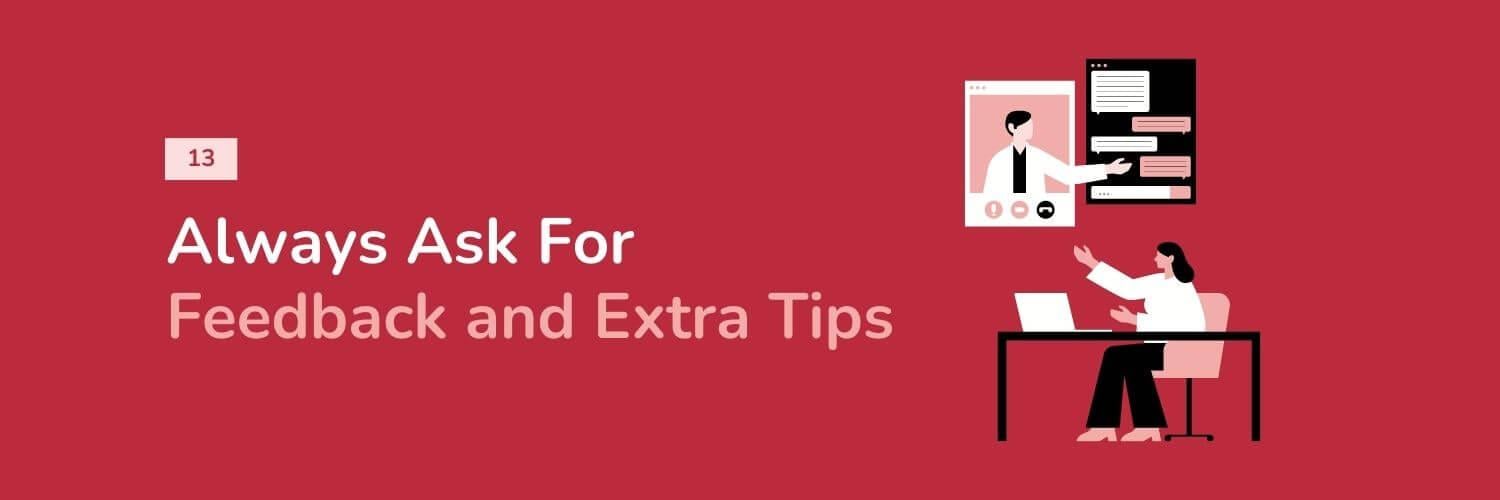
Never be afraid to ask for feedback and tips from your clients. This is one of the best ways to learn what to improve on.
Not everyone will always be satisfied with your work, but unfortunately, not everyone is upfront about it.
There's nothing wrong with knowing what you can improve on, especially if you're willing to do whatever it takes to make your freelance career successful.
Once you know what to improve, you can make the right changes to attract a new client.
14. Never Stop Learning
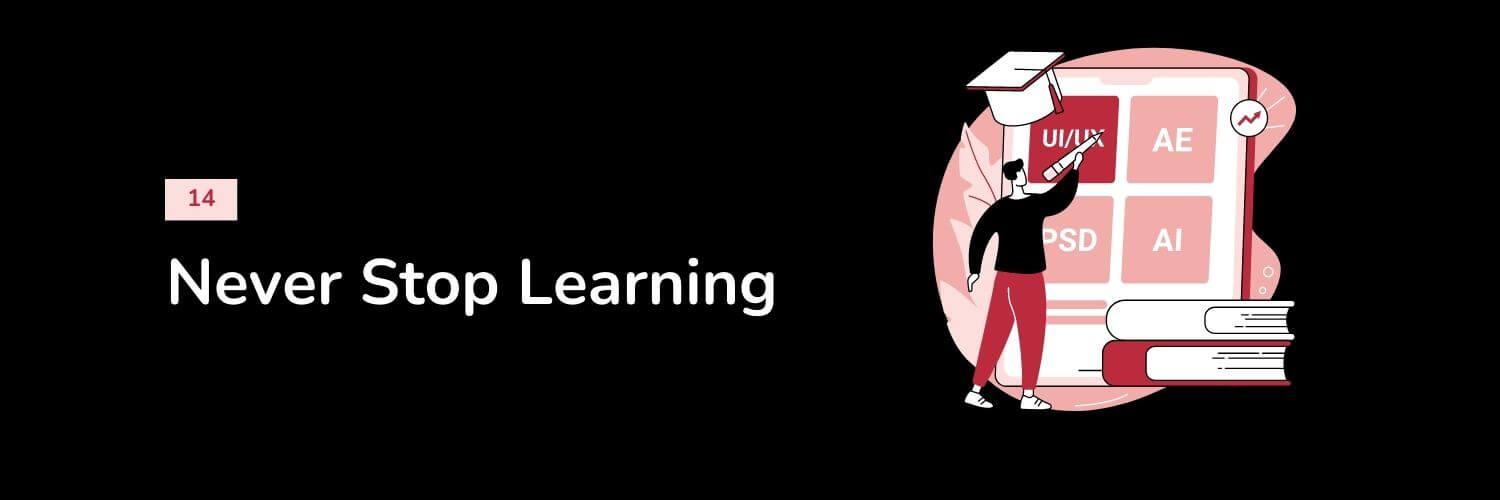
Freelancing provides the flexibility to learn new skills, expanding your abilities to offer a wider range of services to clients.
It's the perfect time to GROW your career, even if you're only taking the role of a freelance writer.
With a growing number of people wanting to become freelancers, you must be ready to up your game.
It's not enough for you to stick to what you already know. Many clients are looking for a worker with a diverse set of skills that can meet their demands.
That being said, the learning continues for you. There are many tips and resources out there you can read to jumpstart your growth.
15. Be a Friend to Your Client
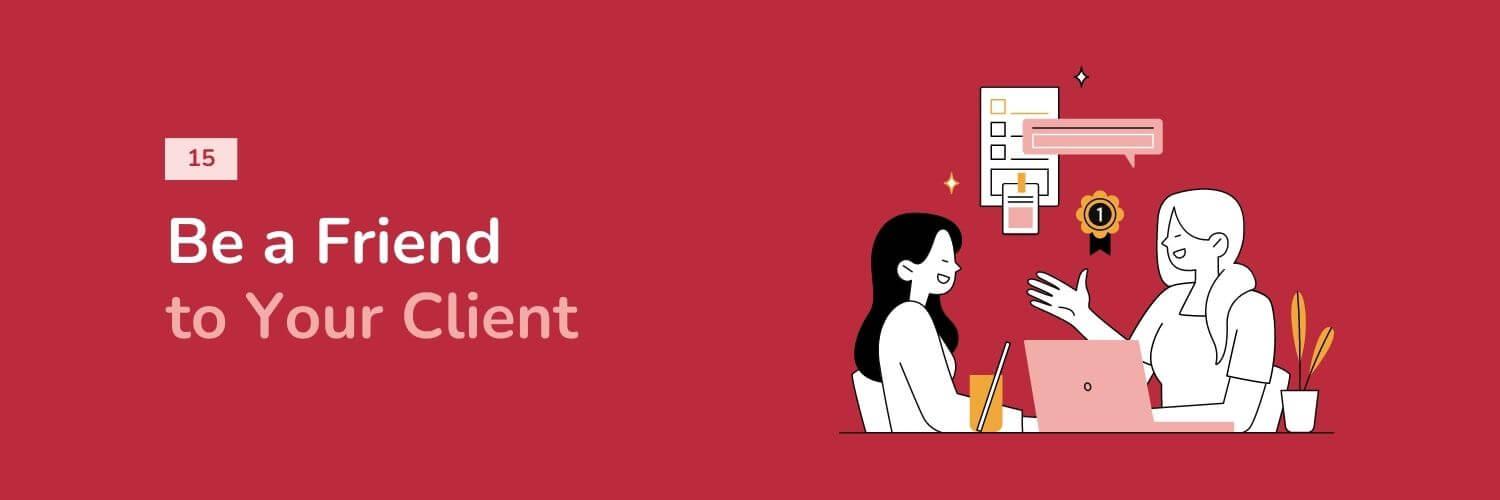
Establishing a friendly rapport with your clients can be highly beneficial, but it may not always be feasible or appropriate for all clients.
To establish a good working relationship with your client, it is important to make a proper introduction and understand their needs. Keep your lines open, and don't be scared to engage with your client.
This is one of the best tips we've learned through the years, and it has helped us keep our best and long-standing clients.
There may be several instances where you and your client might not be able to get along at first, and it's okay. Just be patient and still treat them with respect.
What Is Freelancing?

Freelancing is taking on different jobs from different clients without commitment to full-time employment.
Starting a freelance career means being your own boss and working on your own hours.
The beauty of freelancing is that you can take on as many projects as you want without the pain points of being in an office job!
Make no mistake in thinking that freelancing is NOT a full-time job!
Freelancers must meet certain client demands, which could sometimes get pretty demanding.
It can be challenging initially, but it's a rewarding challenge you should be ready to take on. You'll be ready to take on new clients and increase your cash flow quickly.
What Are the Pros of Freelance Work?
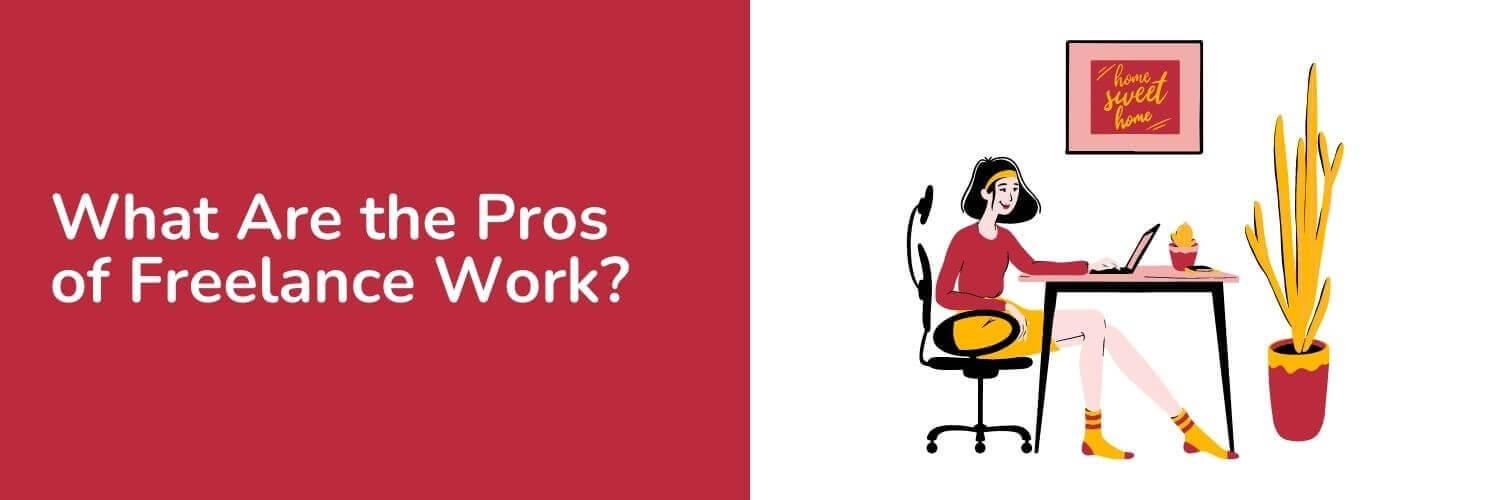
There are a lot of advantages when you start freelancing.
We've listed some of them here to help you understand why freelance work could be a good next step for your professional growth.
1. Work Independently
Doing freelance work means you don't have to worry about anyone hovering behind your shoulder.
No more bosses pacing back and forth behind your cubicle to check on your progress!
You can work on your projects independently, based on your pace and time. The beauty of this setup is you can be as creative as you want with how you achieve your output.
Unlike regular office work, you must stick to a particular method when working on a project. You can save time on a project by doing it more comfortably.
Plus, as a freelancer, you have the freedom to seek out clients and build your own business. With this autonomy, long working hours may not feel as burdensome.
2. Work Anywhere You Want
Who wants to work in a cramped and stressful office environment?
It doesn't help improve your morale and certainly adds to the stress you already have to deal with daily.
You'll not experience this when you freelance because you can work ANYWHERE. All you have to do is bring your work device and get started!
You could work at home for as long as possible and save a few extra bucks on gas and transportation costs.
If you're looking for a new workplace, you can join digital nomads who often pack their bags and look for a new workplace environment.
Regardless of where you end up, ensure it's in a conducive working environment. You might get distracted in your environment and risk not getting any work done.
3. Set Your Own Work Schedule
You can say goodbye to the usual business hours and take control of when you work.
If the 8am-5pm operating hours don't work for you, you can build a schedule you're comfortable working with.
Many new freelancers are enticed by this idea, especially after being burnt out from their old routine jobs.
They won't feel constricted as before, ensuring they can offer their services in the best way possible.
However, remember that you must BE COMMITTED to whatever schedule you've set for yourself.
Just because you're a freelancer doesn't mean you can doze for hours.
Remember, you've got clients who are paying you for your services. Always calendar how you plan to achieve the project, keeping your client's schedule in mind.
4. Choose Your Own Coworkers
With a regular job, you don't have much choice as to who you'll end up working with. You can end up with the most unenthusiastic or unproductive employee in the office. Yikes!
Because of this, there's usually some sort of conflict and drama between coworkers. This could cost businesses their productivity and even lose some profit.
Thankfully, you can choose who your co-workers are when you freelance. You can build a team full of like-minded individuals who share the same goals as you!
Gone are the days when you're forced to co-exist with unbearable co-workers! No need to worry about your blood boiling every day.
5. Make Money Doing What You Love Most
Our favorite reason for freelancing is earning money from the work we love to do. It feels more rewarding, and it has a high sense of accomplishment.
That's the beauty of freelancing, and you can take on a project based on your skills. Plus, you can also work on projects you're more interested in.
This being the case, you'll feel more FULFILLED with your projects.
Working on it won't feel like a hassle and will be more like a hobby that's being rewarded with money.
Slowly, you can work your pay up to other skills you're willing to learn. Now that you're working as a freelancer, you've got more time to master other skills!
What Are the Cons of Freelance Work?
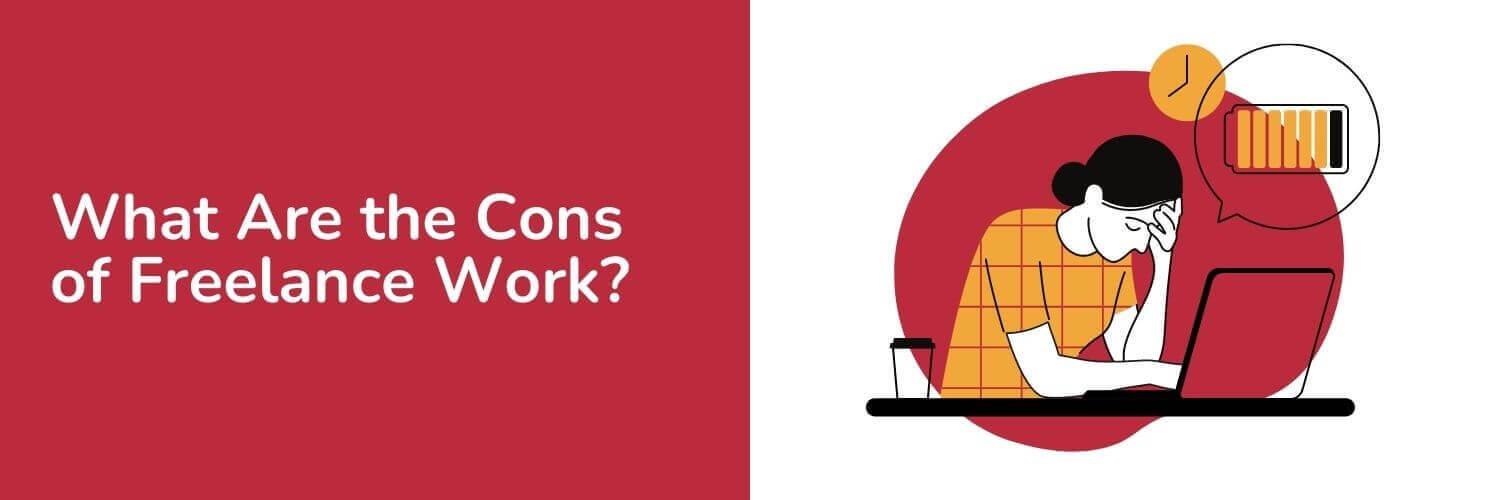
Now that you know of the advantages of working as a freelancer, it's time that we told you of its disadvantages.
Knowing these will help you understand what you're up against.
1. More Admin Work Than Expected
In a typical office setup, you've got secretaries and HR to handle all the admin work. You don't have to worry about where to find clients and who manages the Facebook page.
But as a freelancer, you should be ready to take on all the essential roles of a company. You should be ready to take on the role of a treasurer, HR, and secretary in one!
Unfortunately, handling all these jobs at once can be overwhelming.
This is especially true for a new freelancer who has yet to get used to being a self-employed individual.
If you're not yet ready to take on the admin work, you might need more time to prepare before you start freelancing.
After all, admin work is an important job.
2. Arrange Your Own Health Insurance
Unfortunately, the freelancing world doesn't come with health insurance.
You must search and pay for your own, which can be expensive. This is why many people prefer working for a company instead of freelancing.
And let's face it, finding health insurance is probably at the bottom of your to-do list. But because of how important it is, it shouldn't be.
It's just as important as finding a client!
If health insurance is important to you, you might find it hard to adjust as a freelancer.
Nonetheless, you can look for your health care provider even as a freelancer. There are a lot of providers out there that suit your health needs.
3. Working Without Colleagues Can Make You Feel Lonely
Based on our freelance experience, things can get lonely and boring. You spend most of your working time alone and without other professionals or coworkers to socialize with.
Because of this, some freelance workers return to their old jobs.
If you can't stand the silence of working alone and enjoy being around other people, you might find a freelancing career boring.
But thanks to the different devices we have now, our colleagues are one call away. You can talk to them as if you're in the same room.
4. Expenses Might Increase Over Time
Taking on freelance work means saving gas and transportation expenses. Not only that, you don't have to worry about buying lunch and coffee from expensive places.
Although you think you might have saved money, you will spend MORE in the future.
You need to prepare yourself for a higher electricity bill for all the days you spend working at home.
Not just that, you'll have to spend on other things, such as your freelance website! You'll need to hire a professional to get the job done, especially if you're not equipped for the job.
You'll also have to be ready once you get your tax bill! With all the expenses you must pay, your finances must be ready.
5. Monthly Income Is Inconsistent
The only thing certain about being a freelance worker is facing an inconsistent monthly income.
You could earn a lot in one month and only so little during the next.
How much you earn depends largely on how many clients you get and the amount of projects you complete.
Despite charging an hourly rate, it could still feel as if it's not enough. You also risk facing late-paying clients, which will take more than a few reminders to pay.
If you want financial stability and security, there might be better options than being an independent contractor.
You'll need to learn how to SAVE money for the months you may experience low profits.
Frequently Asked Questions

To help you understand freelancing more, we've answered some of the FAQs we usually get. This ensures you enter the freelance business fully aware of what's to come.
What's the Difference Between Freelancers and Contractual Workers?
There's a lot of confusion about the difference between a freelancer and a contractual worker. At first glance, the two may appear similar.
But through the years, we've discovered the primary differences between the two. We've listed them here to eliminate all the confusion in your head.
1. Schedule
Freelancers set their OWN working hours.
They don't have to stick to the usual 8 to 5 as long as they can complete the project given to them by their clients.
The beauty of this is freelancers have a wide degree of control over when they want to start working. They can set the most convenient schedule for them.
On the other hand, contractual workers stick to the usual office hours. Workers don't have a choice when to complete their work, often making them feel burnt out.
2. Clients
Being a freelancer means you can choose which types of clients to entertain. You can also choose from a wide range of clients interested in your service!
The great thing about this is you don't have to worry about dealing with clients who constantly give you headaches.
But as a contractual worker, you don't have a choice as to the matter. You're given various projects and assigned to different clients without any choice.
3. Pay and Rates
You can set how much you'll charge your client for a particular service.
Despite this, you want to ensure the pricing is competitive and that you aren't over or undercharging.
The last thing you want your client to complain about is your unbearable rates, which might discourage them from enlisting you.
Contractual workers, on the other hand, receive a fixed monthly rate. They have financial stability since they don't have to worry about whether they'll have a client.
4. Equipment
There's no difference in the type of equipment a freelancer and a contractual worker use. The only difference is who acquires the equipment.
As a freelancer, you have no choice but to buy or use your own devices like a computer and a cellphone.
But as a contractual employee, you don't have to worry about these things. Your employers will acquire the equipment for you, so you don't have to worry about this.
5. Taxes
No one wants to pay taxes, especially because of how much they cost. However, freelancers don't have to register their businesses, so paying taxes isn't necessary.
Nonetheless, how much tax a freelancer pays is still significantly lower than what businesses pay.
Contractual workers also pay taxes. In some cases, the amount is already taken out from their salary.
6. Agreements
Consider written agreements as your BEST FRIEND that will protect you at all costs!
Freelancers always have to draw a contract between themselves and their clients to help manage the expectations of both parties.
Contractual workers are also usually made to sign a contract, especially on matters dealing with the scope of their work.
Having an agreement ensures you keep yourself protected against any legal issues which may arise.
Do Freelancers Need to Register a Company?
Freelancers don't always need to register their companies.
It usually depends on the legislation of your local country whether freelancers have to register or not.
This being the case, some long-time freelancers don't see the need for registration. They can go on with their business as expected.
However, we recommend registering your business if you want to keep your finances secure. This keeps your business and personal finances separate and far from government reach.
How Do Freelancers Get Paid?
Freelancers get paid depending on their skills. The more skilled you are, the higher you get paid by the clients.
How much you get paid can also depend on the project type.
You can demand HIGHER pay if the project seems harder or requires more work, but you must also consider the time and energy you must devote.
As to where you can get your payment is entirely up to you. You can arrange with your clients how and when you should be paid.
Is Freelancing Easy for Students?
ANYONE can freelance, including students!
This is why many students dip their feet into freelancing to help them foot some of their expenses.
However, it may be challenging for students to find prospective clients.
Some customers may require a specific skill set that students have yet to learn, especially if what is involved is a complicated project.
If you're still a student and want to start freelancing, we recommend starting on freelance platforms to gain enough experience and find clients.
Conclusion
Now that you have learned the different tips to help you become a freelance worker, what else are you waiting for?
It's time to make that big shift in your career and start being an independent worker.
You'll have more time to work on your skills and grow with your clients. You can start a new project that you'll enjoy!
Feel free to share these guide with your friends and family who might be looking for different tips to help jumpstart their careers and do not hesitate to contact us if you want to know more about registering a legal entity for your freelance work!


